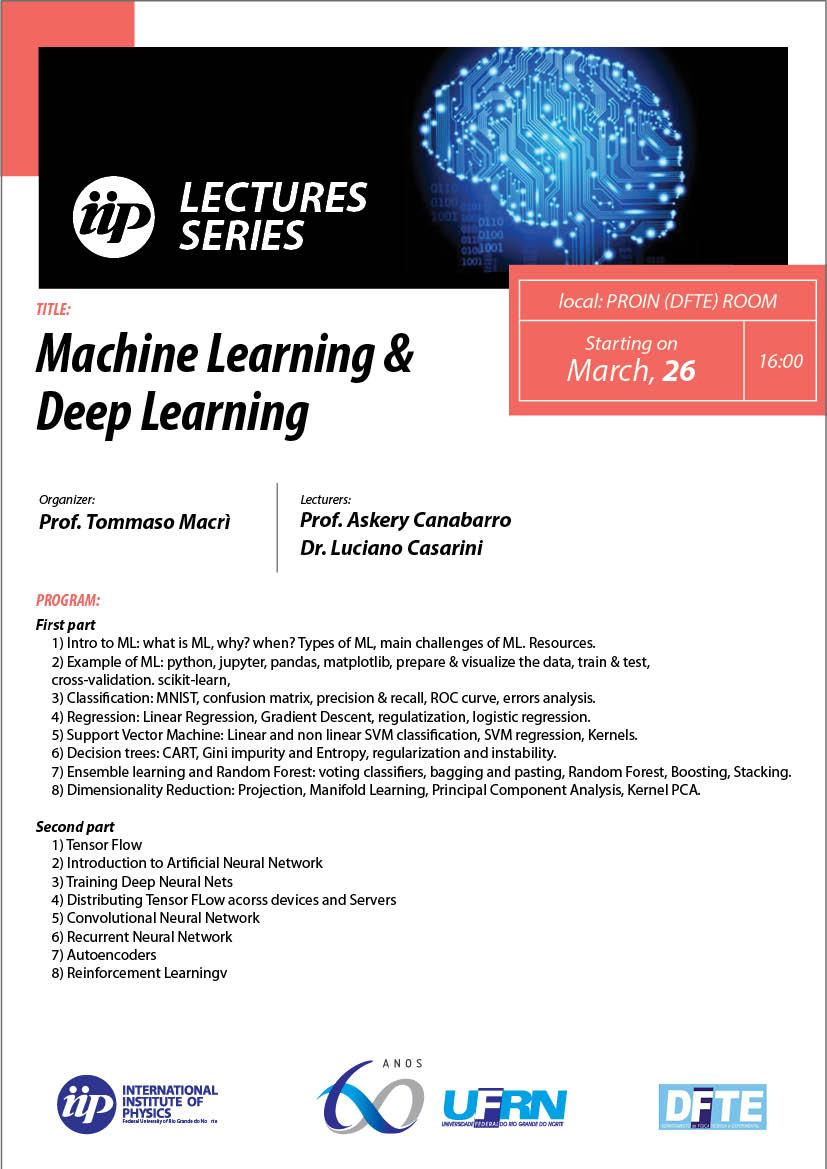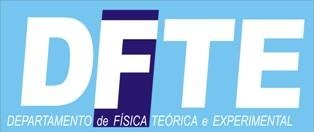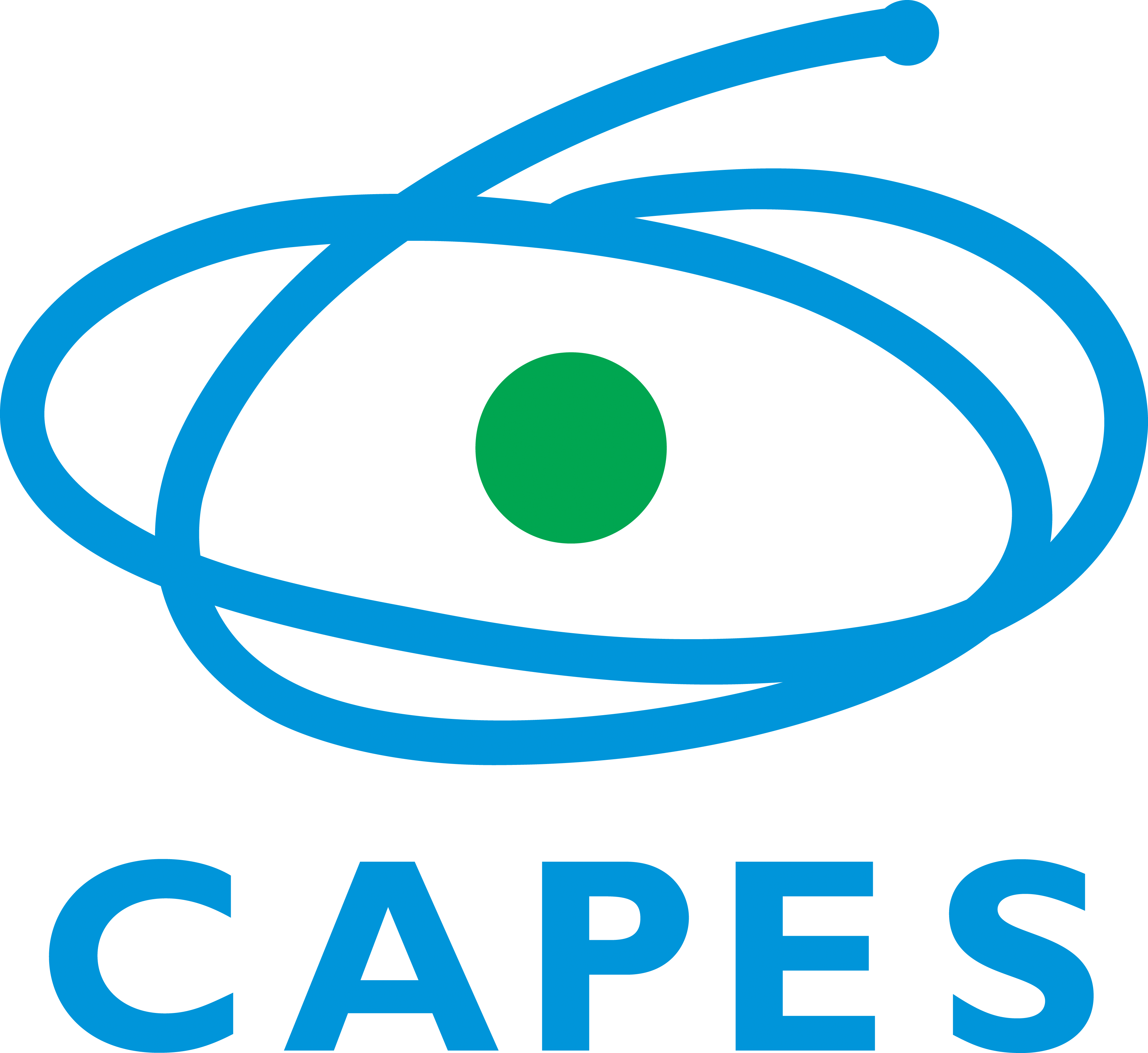Lecture series on Machine Learning and Deep Learning

×
![]()
Start date: March 5 2018.End date: April 5 2018.
Venue: Proin Room (DFTE-UFRN).
Instructors: Prof. Luciano Casarini, Prof. Askery Canabarro.
Class on Mondays and Wednesdays, at 4:00 pm.
Course Plan
First part: (Prof. Luciano Casarini)
- Intro to ML: what is ML, why? when? Types of ML, main challenges of ML. Resources;
- Example of ML: python, jupyter, pandas, matplotlib, prepare and visualize the data, train an test, cross-validation. Scikit-learn;
- Classification: MNIST, confusion matrix, precision and recall, ROC curve, errors analysis;
- Regression: linear regression, gradient descent, regulatization, logistic regression;
- Support Vector Machine: linear and non linear SVM classification, SVM regression, Kernels;
- Decision trees: CART, Gini impurity and entropy, regularization and instability;
- Ensemble Learning and Random Forest: voting classifiers, bagging and pasting, Random Forest, Boosting, Stacking;
- Dimensionality Reduction: Projection, Manifold Learning, Principal Component Analysis, Kernel PCA.
Second part: (Prof. Askery Canabarro)
- Tensor Flow;
- Introduction to Artificial Neural Network;
- Training Deep Neural Nets;
- Distributing Tensor FLow Acorss Devices and Servers;
- Convolutional Neural Network;
- Recurrent Neural Network;
- Autoencoders;
- Reinforcement Learning.
Bibliography and suggested reading:





